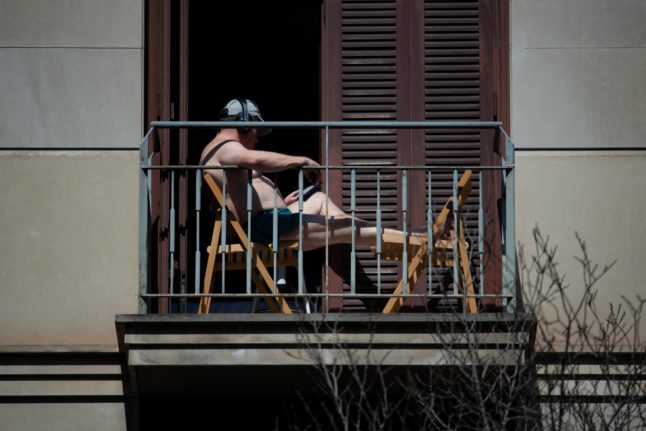Pets are often like beloved members of the family and for many it’s unthinkable for them to go missing, but unfortunately, it’s not all that uncommon.
Dogs may go running off if they get scared and cats may simply not return from exploring or they may be unfamiliar with a new area and not be able to find their way home.
Luckily there are several steps in place in Spain to help you locate your pet again or report its disappearance.
Firstly, Spain’s Animal Welfare Law which came into force last year, states that all dogs and cats must be registered and microchipped. This microchip provides information about both the animal and the owner and is designed to help in such situations as well as to prevent abandonment.
READ ALSO: What to do if you find an abandoned dog or cat in Spain
If your animal is found and taken to a local vet, they can easily scan the chip for information, find out who it belongs to and contact you.
Besides knowing that you have a microchip safety net in place, there are certain steps you should follow as soon as you’ve discovered your pet is missing.
- Firstly, you must notify the Spanish Pet Identification Network (REIAC), where the data of all pets is registered.
- Secondly, you should report the loss to your nearest local police station as soon as possible. They can be on the lookout for anyone who has come in to report a lost animal and look around while they’re on patrol.
- It is also a good idea to notify your local vet so that they’re aware and can be on the lookout for any information about a lost animal that resembles yours.
- Go back to the last spot you saw your pet and retrace the area again, it’s possible they may be hiding somewhere because they’re scared. Ask friends and family to join in the search so you have several people looking at once.
- It’s essential, however, that someone stays behind at home in case the animal returns on its own. Cats particularly have very good homing instincts and may be able to find their way home even a few days after going missing.
READ ALSO: What you need to consider before adopting a rescue dog in Spain
- Contact and visit animal shelters to ask if they have received a pet with the same description as yours or if they can be on the look out if they do.
- Publish the loss social media networks. Rather than just posting to your individual page or profile, however, visit dedicated pages to post about your missing pet. Many locations in Spain will have particular social media pages, for example, Barcelona has a Cats Barcelona Facebook page where people often post information about their missing pets. Likewise, there’s also a Dogs Barcelona page. These pages are also where you’ll find people posting about finding lost pets, so it’s important to scroll through the recent posts to see if anyone has found your furry friend. There are more than likely several different pages in your area either in English or Spanish.
- The traditional method of printing lost posters with a photo of your pet and description, as well as your contact details, also works. You can stick them to lampposts, noticeboards or in shop windows.
- If there is a local or neighbourhood publication, as well as a radio station, it is also advisable to use these means to find your pet as soon as possible.
- Keep in mind, that some insurance companies cover the cost of advertisements and poster printing in the event your pet goes missing.
- Remember that when you find your animal, it’s important to inform all these places again, so that people aren’t still out looking for them.



 Please whitelist us to continue reading.
Please whitelist us to continue reading.
Member comments